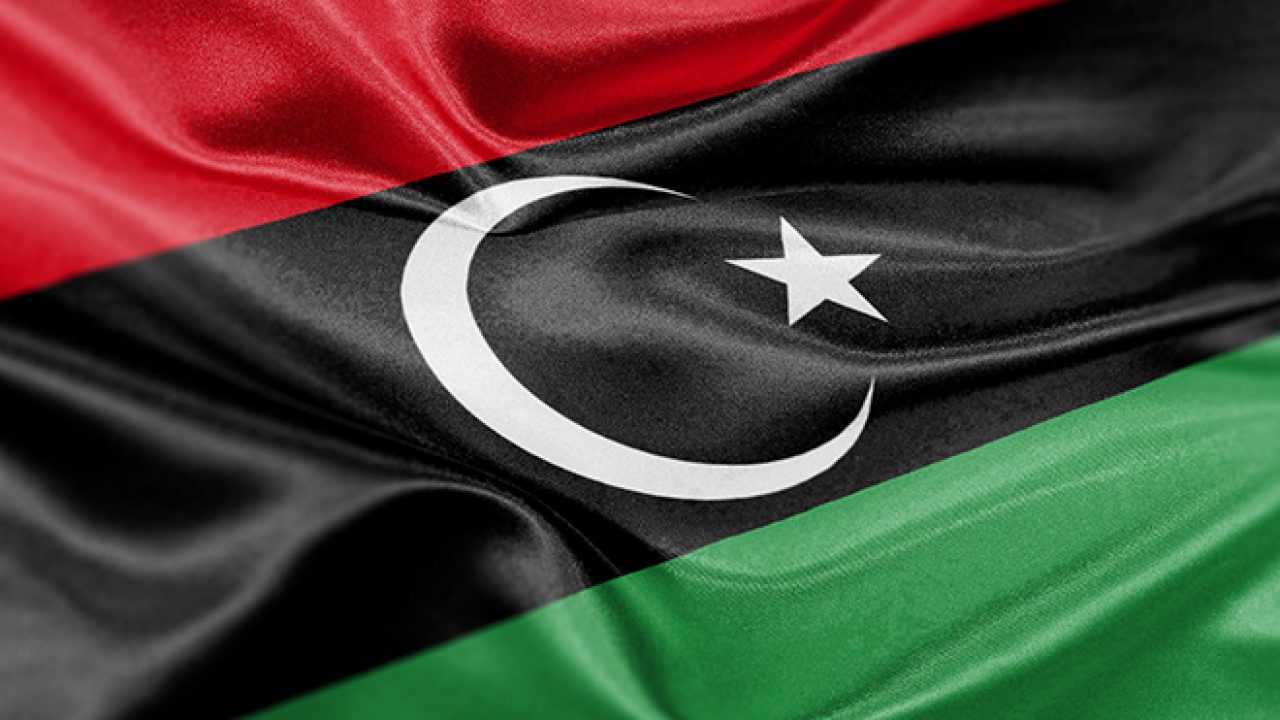As part of its military strategy, Morocco is expected to start developing its own Unmanned Aeriel Vehicles (UAVs), also known as drones, in the coming months; diversify its equipment, thus, making progress in strengthening its air force.
Morocco entered the club of drone manufacturers through its recent agreement with Israel, which dictates that Morocco will manufacture Israeli war drones. This agreement makes Morocco the first African country to manufacture drones.
Over the last decade, the demand for military drones in Africa has significantly increased, driven by internal conflicts and counter-terrorism operations. As a result, African countries have increasingly acquired and used armed drones in their fights against armed groups.
With the growing demand for drones in recent years by many military powers, countries seek to expand their borders and capacity and dialogue with their most prominent customers, including Morocco.
According to the military agreement signed last July between Morocco and Israel, Tel Aviv is committed to transferring the technology for manufacturing drones to Rabat. With the support of Tel Aviv, these drones will be manufactured at a lower cost at two military bases in Morocco.
Morocco and Israel resumed diplomatic relations in late 2020 as part of a tripartite agreement in which the US recognized Morocco’s sovereignty over Western Sahara disputed by the Algerian-backed Polisario Front. In addition, Israel and Morocco strengthened their military cooperation during talks held in Rabat in July by Chief of General Staff of the Israel Defence Forces, Aviv Kochavi, with several senior officials in the Kingdom.
The agreement between Morocco and Israel has gathered momentum since the diplomatic understanding in December 2020 within the framework of the Abraham Accords, which were concluded between Israel and several Arab countries with the support of Washington.
The Royal Moroccan Armed Forces would build two factories to produce war drones with Israeli supervision and expertise. This will allow the Kingdom to manufacture advanced drones at a low cost. According to the Israeli military, the war drones, which will be manufactured in Morocco within months, will enable the carrying out of surveillance missions, remote collecting of intelligence information and participation in the fighting.
Before the agreement with Israel, Morocco bought drones from several countries, such as China, Turkey, France and Israel. As a result, Morocco’s drones constituted an actual fleet, perhaps the most advanced ones in North Africa. But Rabat’s ambition is no longer limited to buying; instead, it will produce drones on Moroccan territories.
Morocco has been accelerating its armament in various areas for several years. The Kingdom’s ambition of manufacturing drones is against the backdrop of renewed war with the Polisario Front activists in Western Sahara and an arms race with Algerian or Mauritanian civilians who entered the buffer zone.
Morocco has invested significant money in its military modernization program to counter future threats. Last month, Rabat procured 150 drones from Israeli firm BlueBird Aero Systems for reconnaissance, surveillance, air defence, and emergency missions.
Without a doubt, drones have transformed warfare strategies and perceptions. The demand for drone technology among African countries and the rest of the world to tackle the threats posed to their communities by insurgents and militant groups is high. Drones will be advantageous in forming part of the military’s arsenal in many African countries.
The global commercial drone market is forecast to reach US$43 billion by 2024, with Rwanda, Ghana, South Africa and Kenya expected to be Africa’s biggest users.
Manufacturing drones will now enable Morocco to benefit from a powerful and developed tool that has proven effective in areas of conflict around the world.


